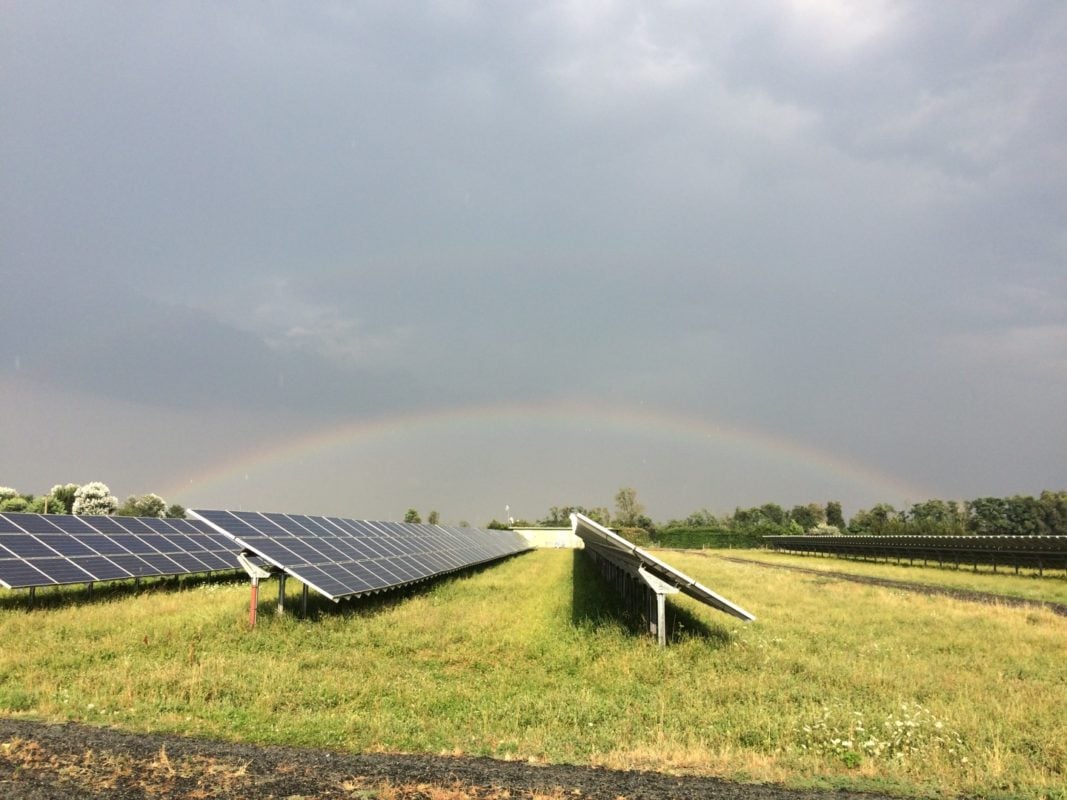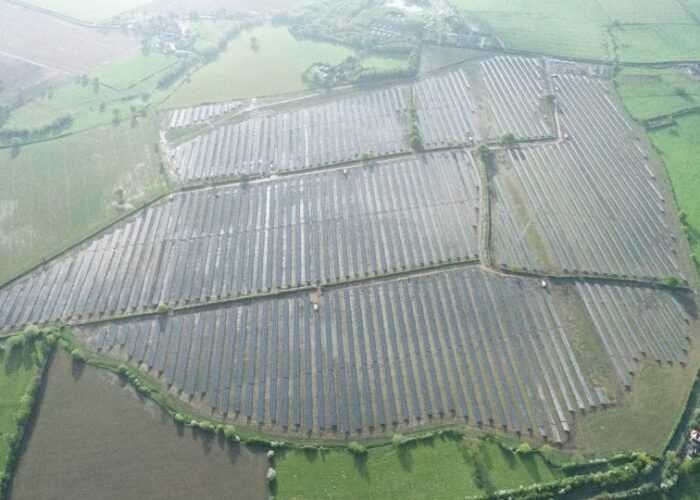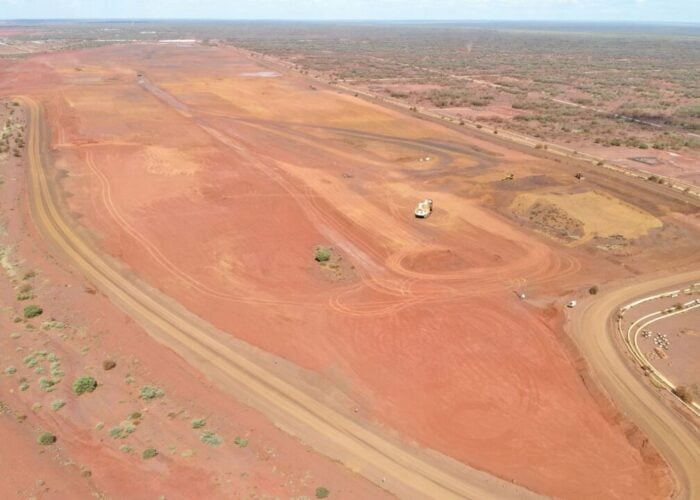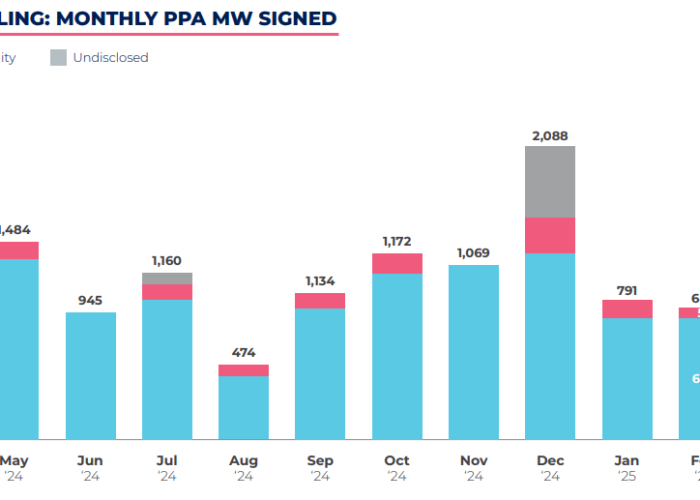
Updated: The ‘Retrofit AR’ coating, an offspring of DSM’s industry-leading anti-reflective (AR) coatings, gives older, uncoated solar modules an instant energy boost of up to 3%, according to lab and field tests. For power plants built before 2012, it is an especially attractive way to increase yield while keeping feed-in tariffs high and boosting internal rate of return (IRR), compared to panel replacement programs.
Problem
Unlock unlimited access for 12 whole months of distinctive global analysis
Photovoltaics International is now included.
- Regular insight and analysis of the industry’s biggest developments
- In-depth interviews with the industry’s leading figures
- Unlimited digital access to the PV Tech Power journal catalogue
- Unlimited digital access to the Photovoltaics International journal catalogue
- Access to more than 1,000 technical papers
- Discounts on Solar Media’s portfolio of events, in-person and virtual
Or continue reading this article for free
AR coatings on the front side glass of photovoltaic (PV) panels were first introduced at commercial scale in 2012. Today, their technology is state-of-the-art, boosting the PV panel’s yield by 3-4%. However, many older PV power plants in operation do not have panels with an AR coating and can suffer from yield losses, due to the higher reflectivity of the cover glass. There is a need for AR coatings that can be applied on older PV panels in existing solar parks at competitive scale – without having to replace them in expensive repowering programs.
Solution
DSM’s Retrofit AR coating for solar parks is applied by a tractor-driven spray coating applicator, coating approximately one PV panel per 0.5 seconds (several megawatts per day) in, for example, a ‘four-up’ landscape configuration. This technology can improve the performance and yield of older solar parks instantaneously by unlocking additional value, boosting IRR, and achieving a payback time of within three years. WiseEnergy and Enerparc recently unveiled the results of a two-year pilot program using DSM’s technology. The DSM Retrofit AR coating delivered a power gain of 2-3% across some eight different power plants in Germany and Italy. Commercialized in spring 2019, the coating has been applied at multi-megawatt scale since. For power plants built before 2012, it is an especially attractive way to increase yield.
Applications
AR coatings can be applied on older PV panels in existing solar parks that use modules without an AR coating.
Platform
The Retrofit AR coating’s performance has been extensively lab-tested according to all IEC 61215 standards and other common PV glass and module tests. The silica-based coating is highly stable, even after approximately 260 hours of UV exposure during IEC weatherometer (WOM) tests, in both wet/rainy and dry cycles. After rigorous tests, such as exposure to 1,000 hours of damp heat or ten humidity cycles, its transmission remains at industry standard. Field tests prove that panel yield boost is almost immediate, and that rain showers just minutes after coating do not negatively affect a panel’s performance gains.
Availability
Commercially available since spring 2019.
PV Tech is hosting a specific PV Tech Product Series webinar with DSM that will take place on the Tuesday, May 26th 2020 – 10:00 AM (BST).
In this webinar, Jörn Brembach, Commercial Manager Europe at DSM Advanced Solar, will outline the key features of the Retrofit AR coating, its durable technology, and its application process.
Jörn will cover the practical application process and all other aspects of this turnkey service in detail, from pre-inspection and business case definition to full data analysis of the plant, pre- and post-application.
Finally, DSM will share the outcomes of two recent bankability reports: an in-depth cleaning study by DSM and a performance study by TÜV Rheinland. So, if you’re about to carry out your annual solar park cleaning, why not take the opportunity to apply DSM’s repowering solution to your freshly cleaned solar modules?
Join the webinar to find out more click here.
To register your interest in taking part in the TechTalk webinar series, please enquire here.







